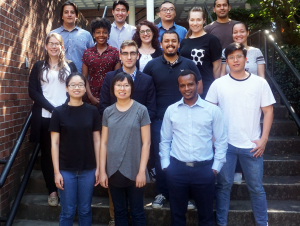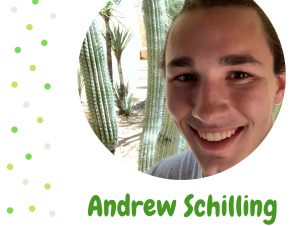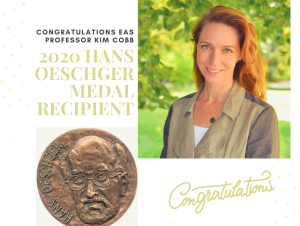To request a media interview, please reach out to experts using the faculty directories for each of our six schools, or contact Jess Hunt-Ralston, College of Sciences communications director. A list of faculty experts is also available to journalists upon request.
News Center
Experts In The News
A powerful 8.8-magnitude earthquake struck off Russia’s Kamchatka Peninsula late Monday, triggering a tsunami that surged across the Pacific Ocean. Tsunami alerts stretched from Japan to South America, including portions of coastal Alaska and the West Coast, as well as Hawaii.
“This is certainly one of the biggest earthquakes we’ve seen recently,” said Andrew Newman, a professor in the School of Earth and Atmospheric Sciences at Georgia Tech. “It’s smaller than the 2011 Japan quake, but it's almost the exact same size as the Chile earthquake in 2010. It created a lot of local damage there as well as a large tsunami.”
The quake occurred along a megathrust fault, which is a type of subduction zone where one tectonic plate dives beneath another. These faults, common around the Pacific “Ring of Fire,” are responsible for the largest earthquakes in recorded history. They're also responsible for generating tsunami waves.
"In these megathrust faults, one dives beneath another. It's actually that upper plate when it pops up," Newnan said. "It creates really large waves. That part that pops up may pop up as much as 10 to 15 or 20 feet, depending on how big the earthquake is. That's going to lift the entire water column around it...and then that wave just kind of propagates away."
11Alive News July 30, 2025Each day, carbon dioxide emitted by Georgia Power’s coal, oil and gas plants is released into the atmosphere, where it will stay for hundreds of years and heat the planet. Last year, the utility quietly took steps to explore an alternative. Contractors hired by Georgia Power drilled holes into the Earth’s crust at three locations in rural Georgia, some more than a mile deep. Their goal? To see whether the formations below are suitable for “geologic carbon sequestration,” a method that could permanently lock away the company’s greenhouse gas emissions.
Carbon capture and storage technology has its detractors, and significant environmental and cost questions around it exist. But major scientific reports have found it may be necessary to limit global warming.
Felix Herrmann, a computational seismologist and professor in the School of Earth and Atmospheric Sciences and the School of Computational Science and Engineering, agrees.
“It’s not a silver bullet,” Herrmann said. “But the reason why I’m an advocate for this, frankly, is I think it’s a bit naive to think we can switch off of oil and gas tomorrow.”
Atlanta Journal Constitution July 24, 2025







